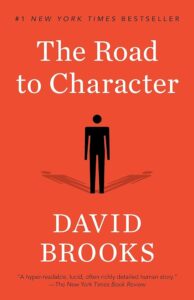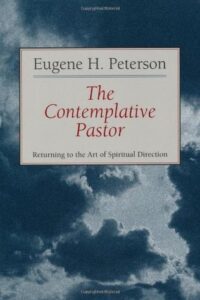 Takeaway: Scripture needs to be retold, so we can hear it again for the first time and be changed.
Takeaway: Scripture needs to be retold, so we can hear it again for the first time and be changed.
There are lots of ways to study scripture. But two ways have been bouncing around in my head as being particularly important for me. One is the serious academic study of a text, long or short. Investigation into what the language researchers say about it, what the cultural anthropologists know about the culture it was written in, what the comparative literature people know about other texts that might have been written in a similar time or culture, what the historians that can talk about how that passage has been read and interpreted over time, etc. I think that type of reading and study of scripture is very important. I do not do enough research into scripture like that. (The Lost World of Genesis One is one of the recent books I have read that is along those lines.)
But the second type of scripture work is illustrated quite well by this book. The author does a lot of the type of study that is part of the first type of study, but the focus is not the study, but the retelling. The author’s research is to understand the text deeply, so that she or he can tell others about the text in a way that is modern and appropriate for the culture and people that are hearing it. And even more important, to use the “Theological Imagination” (as Eugene Peterson puts it) to help those of us that have heard the scripture before rediscover it in new ways. Some Christians look down on this type of work, but it is the essential work of teaching. Teaching takes an idea and learns to communicate it in a way that is understood, and hopefully can be acted upon.


 Summary: An astronaut believed to be dead, gets left on Mars.
Summary: An astronaut believed to be dead, gets left on Mars. Summary: We need to be pursuing eulogy virtues, not resume virtues.
Summary: We need to be pursuing eulogy virtues, not resume virtues.
 Summary: Georgiana and her mother travel to the US and encounter theft and murder.
Summary: Georgiana and her mother travel to the US and encounter theft and murder. Summary: A pastor’s thoughts on being a pastor (and I think an essential book for anyone that relates to pastors.)
Summary: A pastor’s thoughts on being a pastor (and I think an essential book for anyone that relates to pastors.) Summary: Christianity is not just about the salvation event, it is also (or maybe primarily) about the life we live after the salvation event.
Summary: Christianity is not just about the salvation event, it is also (or maybe primarily) about the life we live after the salvation event.